Una: An interview with director Benedict Andrews
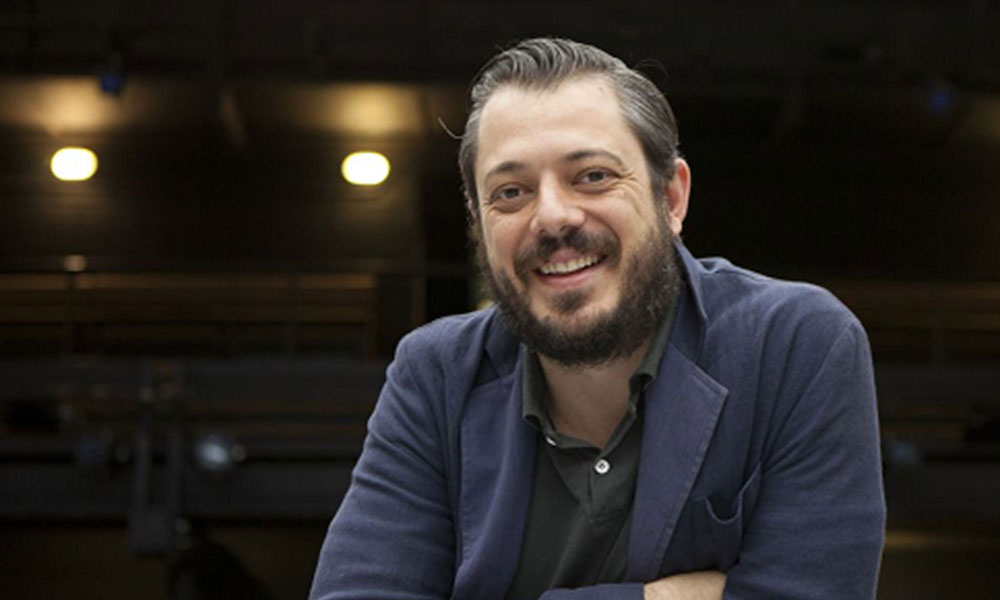
Una is the feature debut of Benedict Andrews. Adapted to the big screen from the original play, Blackbird by David Harrower, the movie promises a shocking and thought-provoking experience to its audiences. Una focuses on the encounter of Ray and Una, 15 years after a case of abuse marked their lives forever. We had the chance to interview the movie’s director, who fell in love with the characters for the first time in 2005. We spoke to Andrews about the nature of redemption, the challenges of filming, and the many questions the film raises.
Apart from the influence of Blackbird‘s screenplay, what inspired you to make this film?
The inspiration came really from directing the play and producing it in 2005. I knew these characters very, very well. And I was really fascinated by the unfinished nature of their relationship and how this very catastrophic, damaged relationship they’ve had in the past was still having an influence in both of their lives – in her case that she couldn’t move on from it. This event formed a bond between them that didn’t exist between them and anyone else in the world.
Did you make any further research on paedophilia cases to adapt the story onto the big screen?
I didn’t do any particular sociological research. David [Harrower] had done a lot of that when he initially wrote the play. In my opinion the play was already really packed with different perspectives, even as the two characters go through they talk about psychology, they talk about law and emotions. Moreso than even in the film, but the multiple perspectives are already there. I wanted to focus on this relationship, and this is a piece of literature. After the film was made it turns out that the producers and distributors had given it to psychologists to watch and to comment on, and that has been interesting to me, how truthful and true to experience they’ve found that; but for me, the film, while I wanted it to be something truthful to the experiences of survivors, is also very specific. These two people – this girl who wanted to run away with this man – it’s not wanting to be generic and it’s not wanting to speak for everyone either. It has to open the topic to society, but it’s also about this particular story.
Isn’t it paradoxical that in order to start her life again Una has to chase and confront the only person who she wants to move on from?
So this happens in one way in the theatre; you have two people in a room arguing and discussing. I love that and I was interested in the emotional rawness of that confrontation and the more profound questions that opened up about guilt and abuse, and the uncomfortable mixing of desire and guilt. But I was also interested in how this might have been explored in a different way in the cinema and how the camera might allow us to get close to this problem and these two characters. But also how it might stop feeling like a play and a space of silence might open up.
Another thing that got me very interested about the film adaptation is something that theatre can’t really do but cinema can, which is explore the experience of time. So how what happened 15 years ago is still living in the present. The way cinema can tell stories through the juxtaposition of different times, for me, was a beautiful place to explore that very uncomfortable relationship, but to try and honour the truth of the film being her attempt to find nuances of things that are very conflicting and to invite the audience into that conflicting space.
I guess we deliberately wanted to explore this border between the abuse story and the love story, because that is her problem and her confusion. (Spoiler alert) Right before the end of the movie she turns her cheek after he said she was the only one. If she was indeed the only one, that would confirm to her that this was a great doomed love story. Watching her back, her as an adult even, she’s able to now unpack it and realise he was grooming her and manipulating her. She can even look at him with pity as this addicted, sick criminal. But that confusion is her confusion, whether it was love, whether it was abuse and I don’t think she even find the answer at the end.
The bigger question is, can a 13-year-old girl feel love? If she can, should that have been for a man who is 20 years older than her? In other cultures and in other times maybe this could have happened. Dante was much older than Beatrice. For us, quite rightly, it’s completely unacceptable but the film wants to explore the truth of what happened to them and their attempt to understand that truth, even his. He may have been manipulating her but we are also invited to understand a man who may have been torn by these feelings.
So I think if this was only a love story, it would be intolerable. But by opening up the fact that they think it could have been and some people for a moment wanting them to run away together, or maybe wanting them to love each other now… The fact that that is entertained is sort of deeply troubling. But that’s her place.
Paedophilia is such a controversial topic in today’s society and one that needs to be explored further. Are you planning to make a similar film in the future or a movie that touches on a topic as serious as this one?
It’s sort of case by case, I fell in love with the story and that’s why I decided to make the film. I agree this is a topic that needs to be talked about. I didn’t make the film in the first place as a polemic piece about paedophilia. I think it opens up the conversation about something that has been taboo and I hope it provokes conversations not only about that subject, but also about the nature of redemption, of love, responsibility and the consequences of them creating a nihilistic closed-off relationship. All these things interest me a lot in a story, and yes I like cinema that touches a raw nerve and that at the same time is poetic and beautiful.
So you come from the theatre world, how was the transition on to a film set for you?
It was really exhilarating, I had a great team around me and I think they understood I could draw on a lot of my knowledge as a theatre maker and that’s not only directing actors. Of course, a large part of it, something I do everyday, is help actors play together, but it’s also about things like framing, trying to make deep and poetic space. I think that aspiration made it familiar, but other times I was learning a lot about cinema technique.
Everything you do if you put yourself on the line feels like it’s the first and the last thing you’ve ever done. It’s like you want to set a… rope for yourself and your collaborators so you can walk over the abyss together and that’s exhilarating and terrifying. It’s going to be challenging but that’s why you do it.
Last but not least, tell us a bit more about the characters, and how the two main leads reflect them. Rooney Mara and Ben Mendelson happen to have such an amazing and natural chemistry on screen
The character is a girl trapped in a woman’s body. Rooney has a fierce mature intelligence. That she has this sometimes alien beauty and this mystery about her, she’s a very truthful and raw actress. Same with Ben really, you could have cast the guy next door, very reliable and trustworthy. But Ben’s face… you sense he’s lived, he’s been through something and he has experience. Also at the same time, you can’t help but love him, in real life and his characters on the screen. You can tell he has a huge heart, he’s not mister-nice-guy, he has a big anarchic energy to him and we needed someone who was unafraid about shining some light over this character.
Maria Barrios
Una is released nationwide on 1st September 2017. Read our review here.
Watch the trailer for Una here:


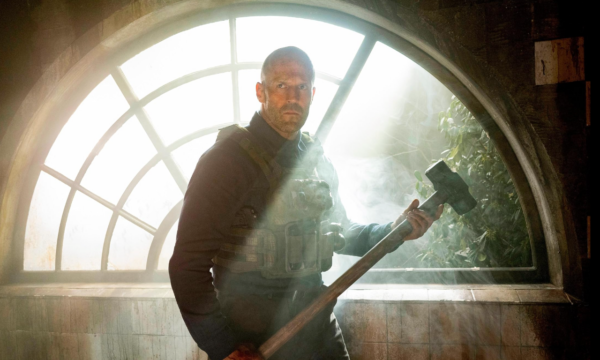
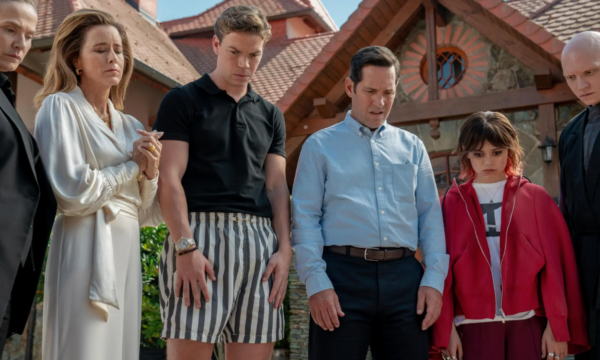
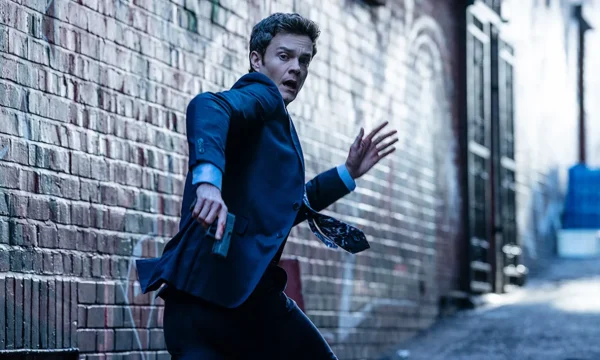

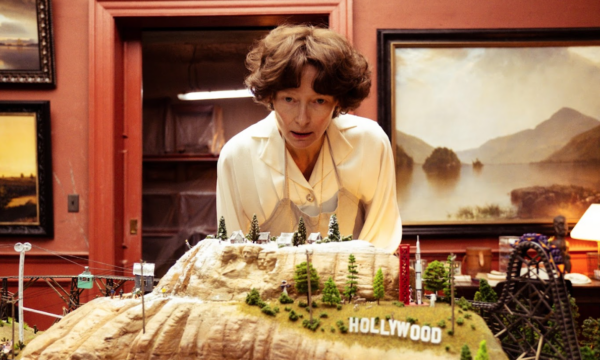
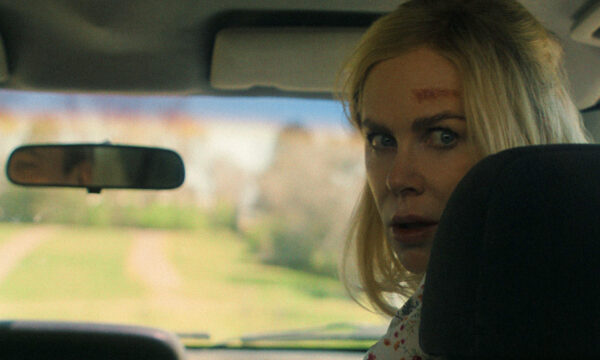
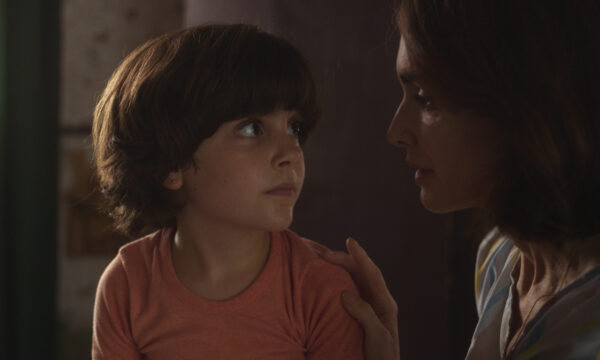









Facebook
Twitter
Instagram
YouTube
RSS